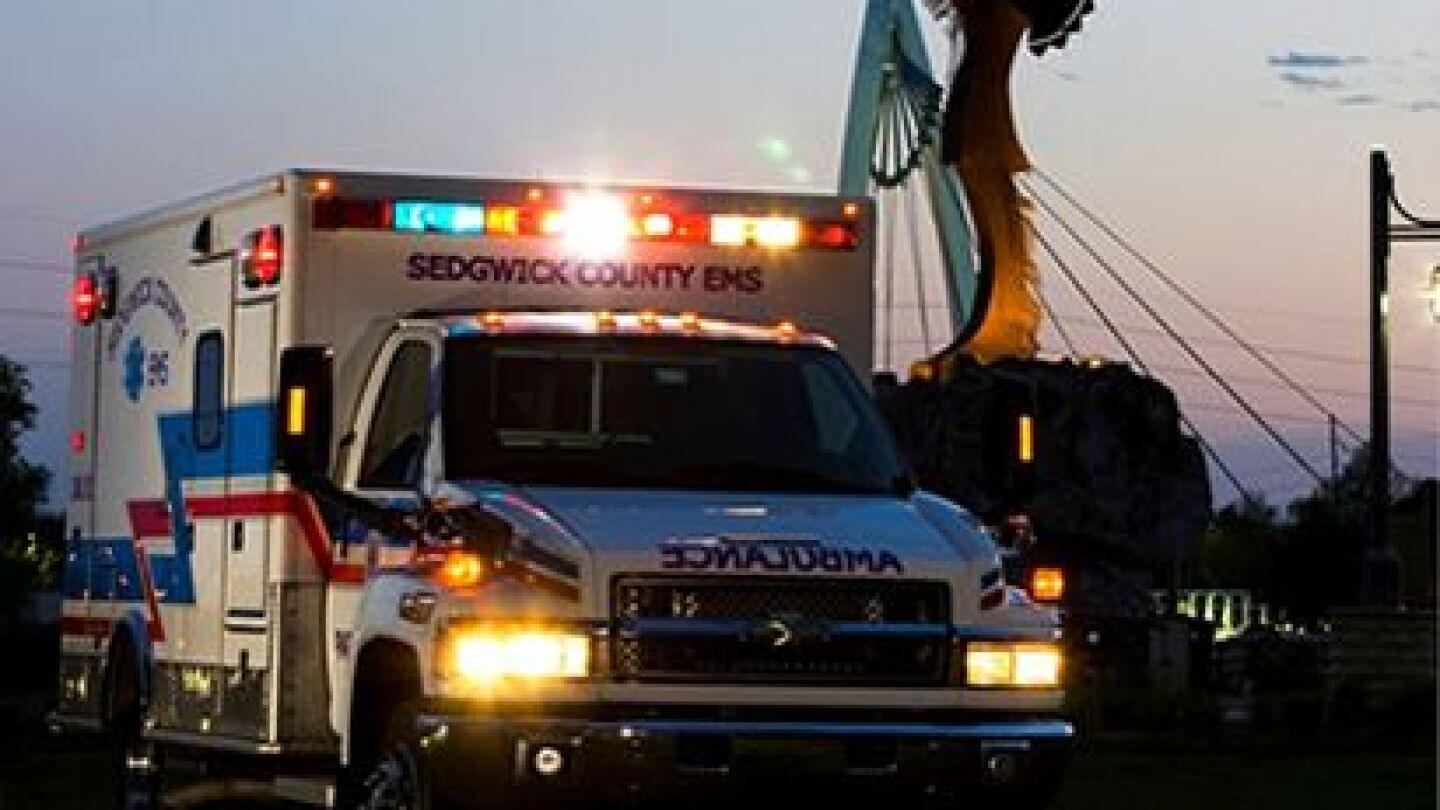I would have taken him to my hospice house, no question. (Inpatient level care, freestanding, with ability to manage complex ICU-type patients.)
The logistics of making it happen are the problem, and it's a LOT easier from the ED. Still, I probably would have had to pull strings to make it happen even with my connections.
FWIW, I have had people I thought were imminent linger for a week, and people I thought were going to hang on pass quickly. It's an art, and even though I'm pretty good at it, I wouldn't expect precision in the field. Heck, it's hard to expect precision in the hospital.
Also, when you as a medical director get multiple calls, that means your people aren't comfortable with something and you should listen to them or go see for yourself. Or there was some sort of MCI going on at the hospital and all ambulance traffic was diverted, or something crazy like that.

